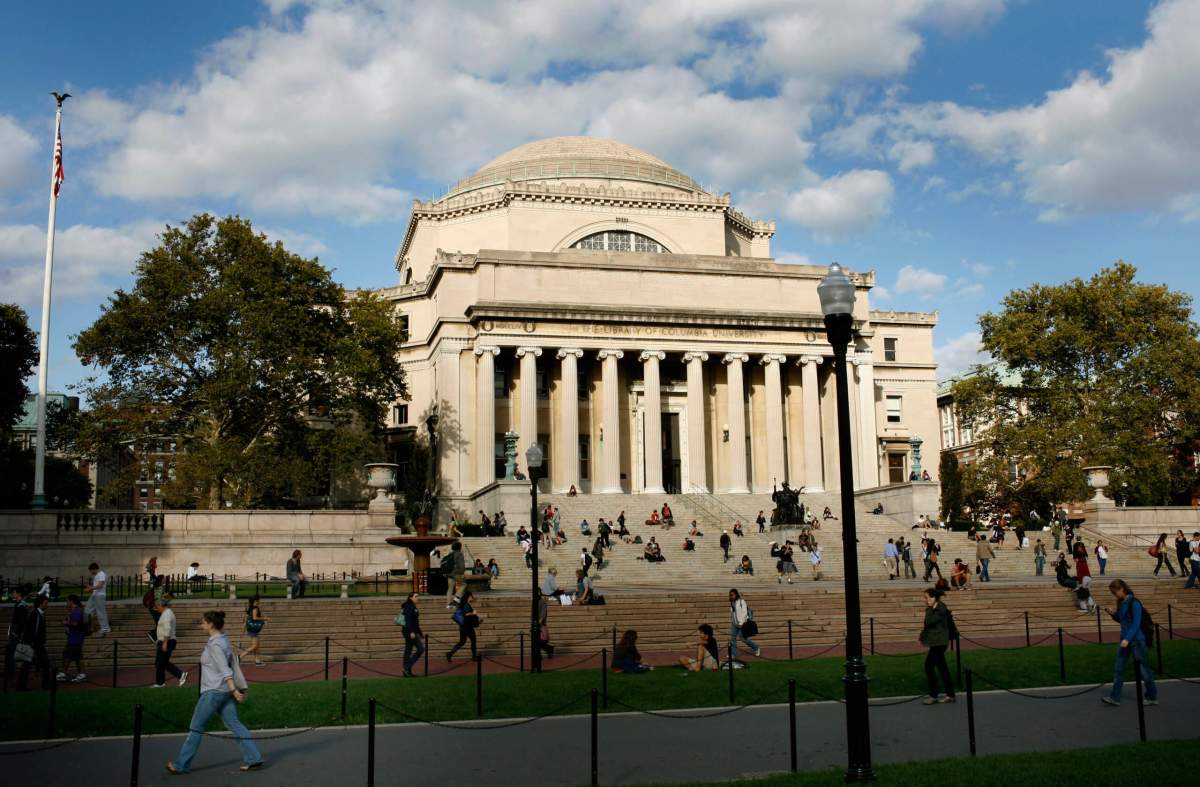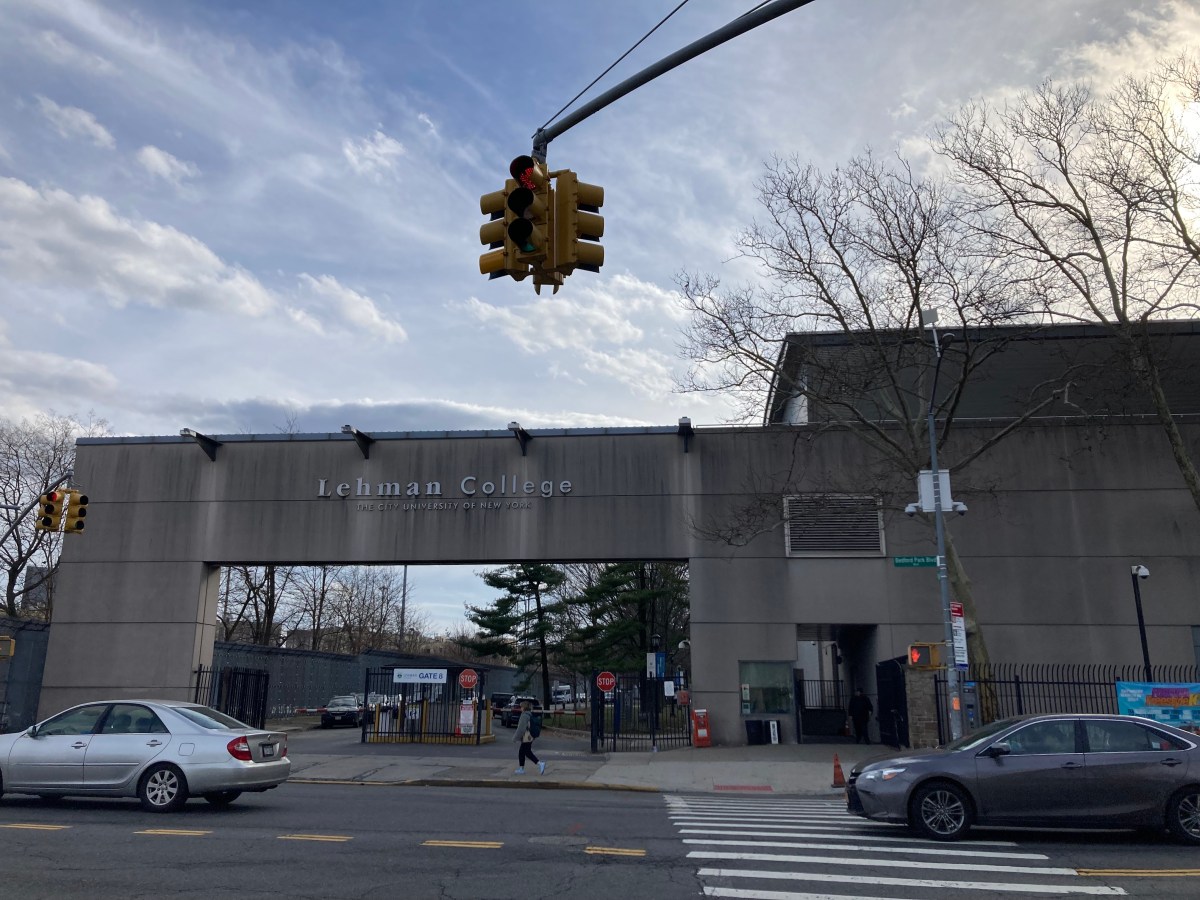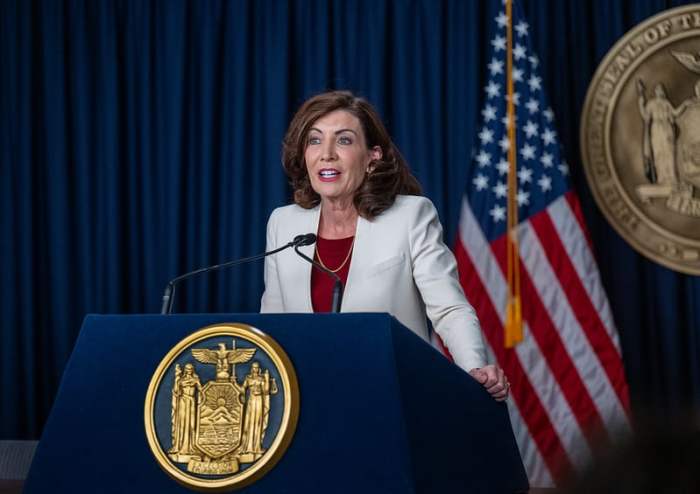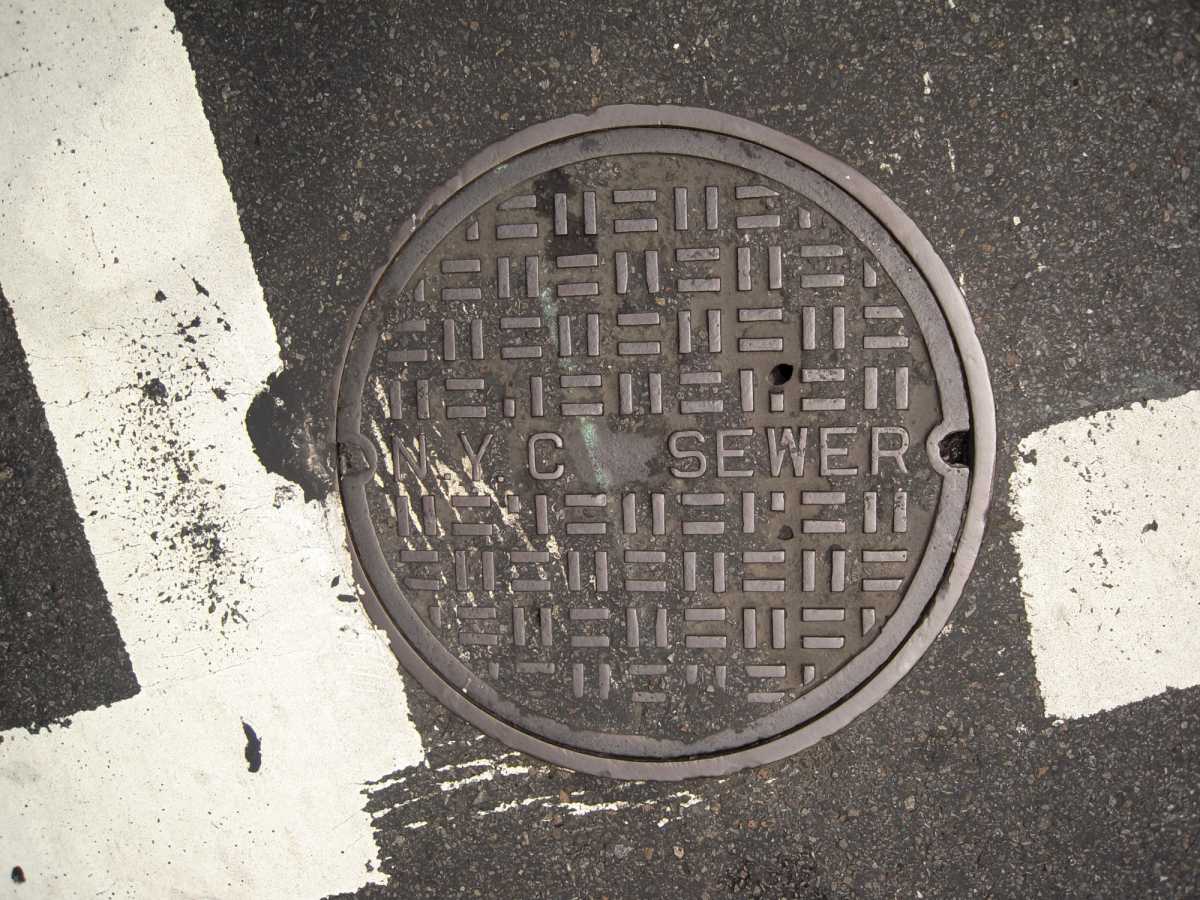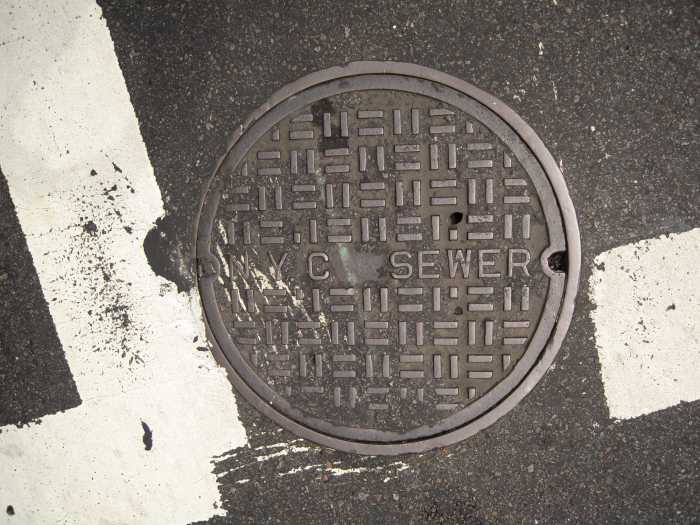Political pressure calling on colleges to end legacy admissions continues to mount, with the New York City Council passing a resolution Thursday calling on Albany to pass state legislation prohibiting the controversial practice at colleges across New York State.
Council Member Eric Dinowitz (D-11), who chairs the Higher Education Committee, introduced the resolution in June 2022 in support of state legislation known as the Fair College Admissions Act, which was introduced by state Senator Andrew Gounardes (D-26) and Assembly Member Latrice Walker (AD-55) in March 2022. The bill aims to end legacy admissions at colleges—including at elite private schools—across the state, calling them inequitable and discriminatory.
“With affirmative action dissolved by a conservative Supreme Court, the time is now to do away with legacy admissions,” Gounardes said Thursday following the City Council vote. “At its core, it is just affirmative action for the privileged.”
Walker said that the Fair College Admissions Act, if passed, “will level the playing field for low-income and working-class families who want to send their children to college in New York State.”
“The bill seeks to eliminate the structural barriers created by legacy admissions policies, which tend to reward connected and affluent white students and discriminate against students of color and first-generation students,” Walker stated.
‘Level the playing field in a different way’
At the Higher Education Committee hearing on Thursday, Dinowitz pointed to the timeliness of the resolution, following the Supreme Court ruling in June ending affirmative action in college admissions.
“This resolution now seeks to help level the playing field in a different way for New York City’s first generation college students, and for many of our lower-income students, students of color, undocumented students and students from immigrant families,” Dinowitz said.
A study published by Harvard researcher Michael Hurwitz in 2011 showed that college applicants who applied to a school where one—or both—of their parents attended had a 45% higher chance of getting into that same college.
The Fair College Admissions Act would bar colleges from including a question on their own applications about where an applicant’s parents went to college, preventing schools from considering such factors during the admissions process.
The act also includes a hefty fine for colleges that violate the legacy admissions ban, according to the legislation. The fine would be calculated using a formula devised by the number of full-time first-year students enrolled the year before the violation multiplied by the college’s tuition and fees.
Jake Martinez, a deputy director who works in education policy for the New York Civil Liberties Union (NYCLU), told amNewYork Metro that the fee is one of the bill’s finer points.
“One of the best things about this bill is that it creates a sense of accountability,” Martinez said. “There’s a fine in place, so that’s really important.”
The NYCLU is now building a campaign around legacy admissions on the grounds that the practice is “inherently racist.”
“We support ending legacy admissions and recognize the inherently racist impacts that it has in terms of college admissions and its impact on students of color,” Martinez said.
Dinowitz said he has kept a close eye on affirmative action, as more elected representatives join forces to scrap legacy admissions. He pointed to the U.S. Department of Education announcing an investigation on July 24 into Harvard University’s legacy admissions process on the basis that it violates civil rights.
“Legacy admissions will be in the news for some time to come as more and more public and private colleges voluntarily agree to end legacy preferences,” Dinowitz said. “All of that signals that a big change could be coming.”
Dinowitz introduced the resolution at a June 30, 2022, hearing where it was folded into a larger discussion on antisemitism and hate crimes on college campuses. At the hearing, Dinowitz said that legacy preferences have “an outside impact on students of color now and the legacy preferences has its roots in antisemitism.”
Elite universities in the United States — several dozen of which are in New York State — have practiced legacy admissions since the 1920s, Dinowitz said, when wealthy Protestant families used the policy to favor their own children and prevent Jewish, minority, and immigrant students from the same privilege.
“Elite universities found ways to exclude the influx of Jewish immigrants,” Dinowitz said at the hearing. “The legacy preference was one tool that was used.”
On Thursday, Dinowitz told his council colleagues that the state legislation would uplift students from marginalized backgrounds. He said that legacy admissions reduces the career prospects of the less privileged.
“It gatekeeps exactly who was allowed into college classrooms and from there, who is allowed into future boardrooms and lucrative workplaces,” Dinowitz said.
The council member added that people from marginalized communities have traditionally been underrepresented in powerful, decision-making positions and that the Fair College Admissions Act would push more colleges towards “fighting for educational, economic, and social equity for all New Yorkers who seek access to college education.”
“It is indeed time for New York State to pass the Fair College Admissions Act and for the New York City Council to make clear our support for it and for the future New York City college students it champions,” Dinowitz said. “By passing the resolution, we are sending a powerful message to the young people of our city and state that the highest ambitions are indeed possible.”
What New York’s most elite schools have to say about legacy students
Several elite colleges in New York — Columbia, Cornell, and New York University — have been transparent about legacy candidates and admissions. Institutions that tend to have larger populations of legacy students point to the importance of fostering a sense of community, while opening more doors to future donations.
On its website, NYU defines “legacy admissions” as “favoring applicants who have a relative – typically a mother or father, but sometimes also a sibling or more distant relative – who previously attended a college or university. However, being the relative of an NYU alum is not and has not been a factor we take into consideration in our admissions decision-making. NYU is always delighted when the children of alums apply and, if admitted, enroll. It’s a source of real pride to us, just as it is likely a source of special pride within an applicant’s family.”
New York University spokesperson John Beckman shared a response with amNewYork Metro about the City Council passing the legacy admissions resolution.
“NYU does not admit students on the basis of legacy,” Beckman said in statement. “While the University is always happy to have the children of alums apply and attend, unlike many peer schools, being the child of an alum is not a factor in our admissions decision-making, nor do we pay heed to legacy status in shaping a class.”
Columbia University, however, continues to have a policy that favors legacy applicants. The university stated that it is “always pleased to receive applications from students whose family members have graduated from Columbia. When an applicant is competitive and compares favorably with other similarly talented candidates, being a “legacy” candidate may be a slight advantage in the admission process.”
Cornell University, New York State’s second Ivy League school, also supports legacy admissions, and offers applicants $2,000 in awards if they have Cornell alumni in their family.
A group of Cornell students have pushed back against Cornell’s legacy admission policy, even drawing up, and unanimously passing, a resolution in 2021 calling on the college to eliminate legacy preferences in its admission processes. However, Cornell President Martha Pollack did not share the same views and rejected the resolution.
Lola W. Brabham, president of the Commission on Independent Colleges and Universities, acknowledged the historical role of legacy admissions, but pointed out a different directive. She told amNewYork Metro in a statement that colleges and universities across New York remain “deeply committed to fostering diverse and welcoming campus communities.”
“While legacy admission has been an important recruitment tool for some New York colleges, we also recognize the perception that the practice has the effect of expanding privilege instead of opportunity,” Brabham stated.
The commission has in the past been supportive of legacy admission policies at independent colleges and universities in New York State. That has since changed following the Supreme Court’s affirmative action decision, Brabham said.
The commission’s new stance is as follows: “In light of the Supreme Court decision banning the use of race in the college admissions process on the grounds that it provides an advantage to certain students, the Independent Sector will not continue its opposition to banning legacy preference in admissions as it also can provide an unfair advantage.”
Read more: New NYC Exhibit to Highlight WWII Jewish Refugees in Shanghai



